Bicester residents express concern over female safety amid ‘inadequate’ policing and town planning
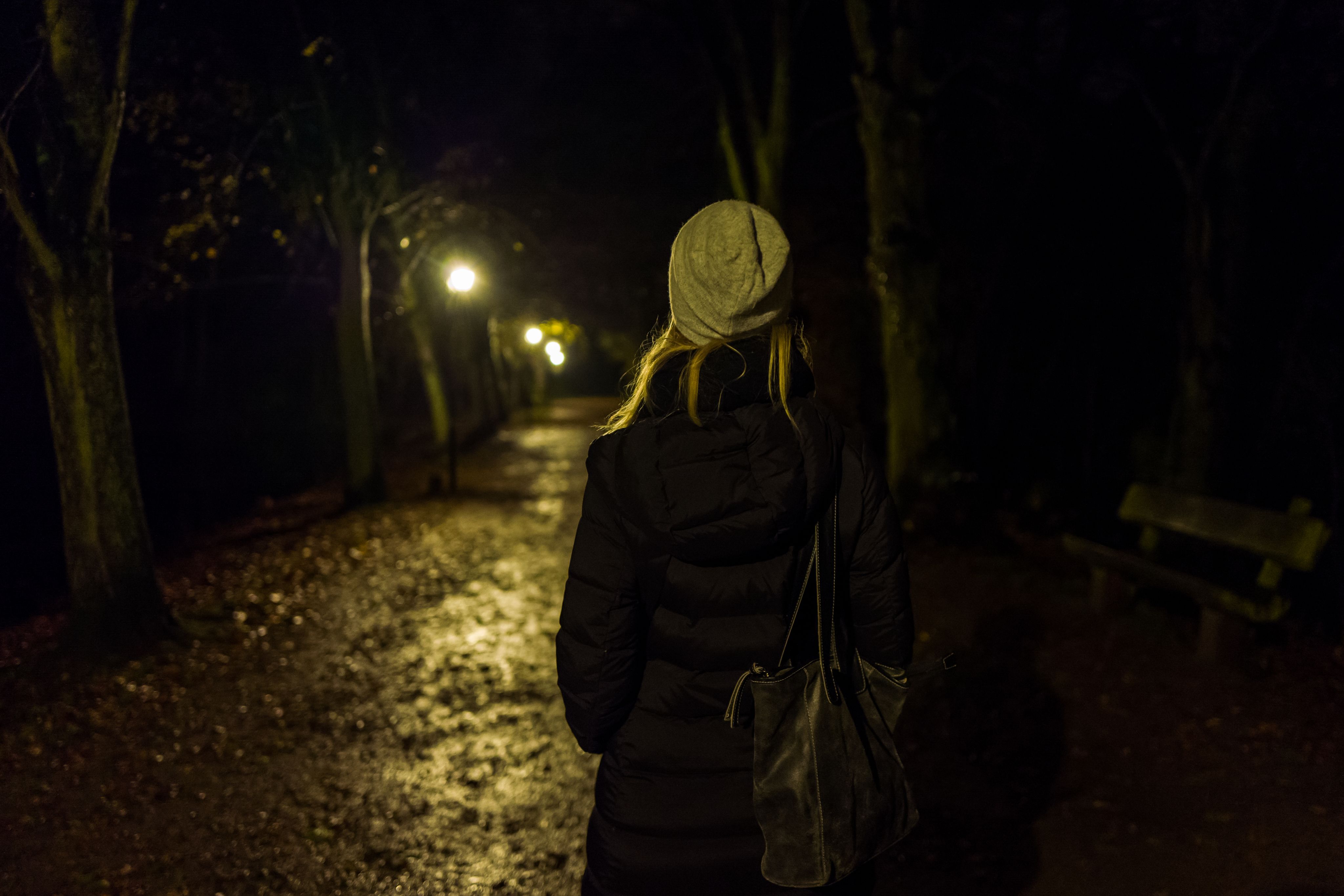
The rapid expansion of Bicester, that is set to see the population of the former market town soar, is causing concern for residents who have noted that planning failures in the new developments are making women feel unsafe.
Bicester was once a rural market town in Oxfordshire, but in 2014 the Government declared that Bicester was a key area for growth in the UK and was awarded it Garden Town status.
It receives Government funding to build new homes and developments which will see the population soar from approximately 30,000 to 50,000 by 2031.
Some of the 13,000 proposed new homes have now become established on the borders of the town, and female residents have taken to social media to complain about poorly planned street-lighting and pathways that contribute to their feeling of unsafety.
Lisa Pinky Ward is a resident of Bicester who is working towards the development of better street lighting in Whiteland’s Way, one of the new developments in Bicester.
Ms Ward commented on Facebook: “There’s no lighting up there away from the astropitches to enable people to run/walk their dogs/ get home across the paths rather than taking detours etc.
“As far as I understand, evidence shows that street lighting helps with anti-social behaviour and is part of the Government safer streets initiative after the rape and murder of Sarah Everard.”
Another resident added: “The lack of lighting around Whiteland’s sports ground means I’ll only walk my dog during daylight hours. How is such a public space so poorly lit?!”
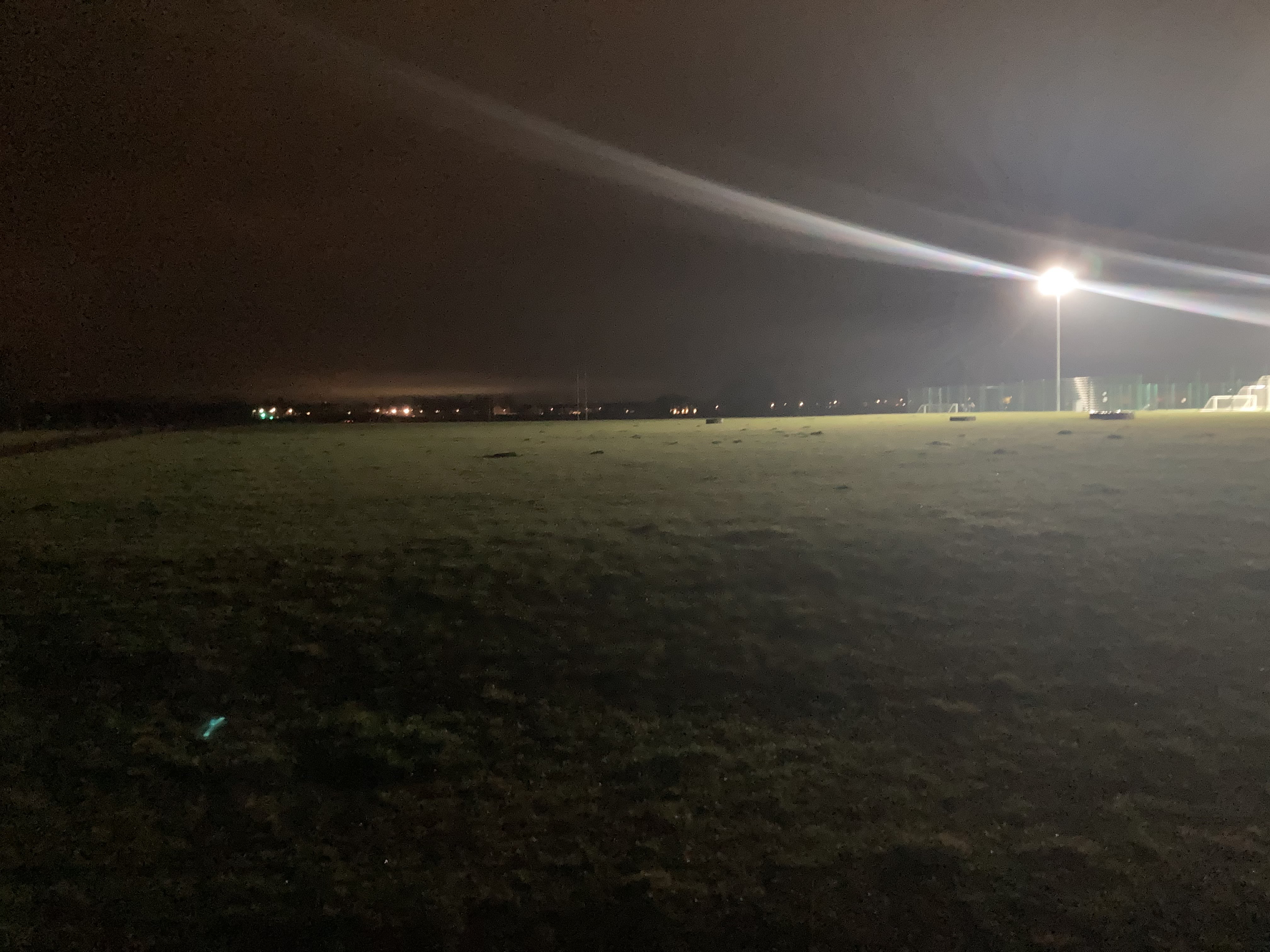
Walkway to the left of the sports pitches at Whitelands
Walkway to the left of the sports pitches at Whitelands
Nick Cotter, an Independent Councillor on both Bicester Town Council and Cherwell District Council, agreed with the complaints and has been working to directly address the concerns of residents.
“The all-weather sports areas and such like are well lit, but beyond that area there’s just no lighting at all. A lot of these types of issues sadly get put to the back of the queue because these issues are not fully considered.”
Local Conservative MP Victoria Prentis who represents North Oxfordshire neglected to comment on the complaints of Bicester’s residents directly, but issued a general statement about the concerns surrounding violence against women.
The MP stated: “I welcome the publication of the tackling violence against women and girls strategy.
“The strategy will increase support for victims and survivors, increase the number of perpetrators brought to justice and to reduce the prevalence of violence against women and girls in the long-term.”
She added: “I also welcome the appointing of two new Violence Against Women and Girls Transport Champions, to drive forward positive change and tackle the problems faced by female passengers on public transport.”
Do you feel that the Government's 'Tackling Violence Against Women and Girls' strategy is an effective way of ensuring female safety?
— Emma (@emmacrabtree98) March 4, 2022
Female responses to safety concerns
The high-profile cases of Sarah Everard, Sabina Nessa and Ashling Murphy have added to the concerns of women across Bicester, and the nation, who were angered and upset about the issues of female safety on the streets.
A Bicester resident who wished to remain anonymous, discussed how unsafe she feels saying: “I walk alone every day in Bicester and in the dark on many occasions with my dog.
“Lack of lighting can be an issue and which I tend to avoid these areas at night. I often find myself holding onto my phone in my pocket ready to press the emergency alarm if approached.”
After Sarah Everard was kidnapped, raped, and murdered by Wayne Couzens, a serving police officer with the Metropolitan police who used his position to lure Ms Everard into his car, concerns have been raised nationally about the standard of policing.
READ MORE: https://www.independent.co.uk/news/uk/politics/sarah-everard-cressida-dick-police-b1930910.html
The Thames Valley Police (TVP) force outlined their “strategy to tackle Violence against Women and Girls” and noted that they “are following the framework and timelines for action set out by the National Police Chiefs Council and the College of Policing.”
The spokesperson added that this strategy includes focusing on three main areas of improving trust and confidence in the police force, pursuing perpetrators more effectively, and creating safe spaces for women.
Street Safe is a new police reporting tool that allows members of the public to anonymously report areas of their town or city where they feel unsafe.
The TVP “encourage” members of the public to use this feature to aid their policing though it should be noted that this is not a tool to report crime.
Ms Prentis commented on the new platform that will “quickly pinpoint areas where they [women] have felt unsafe and say why – be it from a lack of lighting or CCTV or because of the people around them.”
Following an appeal on a Bicester Facebook group, many women expressed their thoughts on their safety in Bicester:
A woman who wished to remain anonymous commented: “If I have to go outside after dark, I hide my hair and dress as a young man. I live close to the town centre where reports of violence and rapes have been common in recent years. When I’ve not dressed as a man, I’ve been followed home before and even been grabbed on another occasion.”
Another said: “Not that long ago, there was a late teenage/early 20s girl raped around Kings End…that bothered me so much that since then I avoid being out alone when it’s dark outside.”
Others said that they feel relatively safe in the town, with Beatrice Foster saying that she has “always felt safe in Bicester” and listed some “common sense precautions anyone (men or women) should take, anywhere – walk in easy shoes with an escape strategy worked out (hopefully not needed), preferably in good lighting and with friends/family knowing your expected time of arrival etc.”
It is significant that the women who claim to feel safe on the streets of Bicester also take or suggest rather extreme safety precautions which imply that at the heart of these precautions lies a level of fear.
An interview with local running group Run with Katy, demonstrated how certain things are said in jest but suggest darker elements lie at the root of these conversations.
Runner Laura Hartley stated: “Certain things have happened in Bicester which have made it feel a little bit unsafe, but I still go running but then I tell people where I’m going."
“I’m thinking it’s on my Strava, if anything happens everyone will know where I disappeared!”
Councillor Cotter commented on the topic of precautions and technology saying, “it’s wrong, it shouldn’t be the case, but women particularly have to sadly take these extra precautions.
“Thank god for CCTV and ANPR things and Ring cameras and stuff because frankly neither the Everard case or the Sabina Nessa case would have been solved or not solved as quickly without CCTV footage etc.”
Bicester running group 'Run with Katy' meet together on Monday evenings.
The group is made up almost entirely of women aged between 27 and 55.
The below video of the running group expresses the views of the runners on female safety in Bicester.
Do you take extra precautions when walking alone either at night or during the day to ensure your safety?
— Emma (@emmacrabtree98) March 4, 2022
Read about the role of CCTV in the murders of Sarah Everard and Sabina Nessa: https://www.theguardian.com/uk-news/2021/oct/02/how-cctv-played-a-vital-role-in-tracking-sarah-everard-and-her-killer
Bicester resident Emma Roberts who studies in Sheffield said, “I should be able to walk home alone without being assaulted. You can take all the ‘precautions’, it still is not your fault.”
She added: “Ashling Murphy was running in broad daylight so the whole day/night thing is sadly irrelevant in my opinion.”
Ms Roberts concluded saying that “there should be better education in schools around gender-based violence, consent, sexual harassment etc.”
While the Street Safe initiative demonstrates the urge of Police forces across the nation to tackle the concerns of women, it is evident that the problems stem from a cultural issue of misogyny.
Though women can report specific areas where they feel especially unsafe, the majority feel unsafe in general, and the new strategy headed by the Government does not tackle the culture of misogyny we see in the UK.
Councillor Cotter agreed with Ms Roberts about tackling the issue through the education system, noting that this is a “bottom-up” issue beginning in children’s formative years, not a “top-down thing.”
“A lot of it comes down to the education of young men, whether that be teenagers or even older men to respect women.”
Mr Cotter stated that “you can flood the street with police and flood lights, but it doesn’t necessarily answer the whole question.”
He criticised the Government after they announced misogyny would not become a hate crime in England and Wales despite recent events and public backlash.
He noted the “disturbing” police response to the Sarah Everard vigil in Clapham that descended into chaos as the Metropolitan Police arrested individuals and demanded the mostly female crowd went home.
“How on the one hand can you say that you take violence against women seriously and leave no stone unturned in finding the perpetrators, and yet behave like that to a group of mainly women who are gathering at the vigil? Many of whom were rightly, and I include members of my own family in that, distraught and really very very upset by that particularly high-profile case.”
Do you agree with the Government that misogyny should not be made a crime?
— Emma (@emmacrabtree98) March 4, 2022
Thames Valley Policing standards concern the women of Bicester
As the TVP aim to reassure women and ask for their help with policing, the recent inspections of the Thames Valley Police by Her Majesty’s Inspectorate (HMI) are a cause for concern amongst the women of Bicester and the surrounding areas.
The force has been repeatedly ranked “inadequate”, notably in relation to reporting sexual and violent crimes.
As the longest serving member on HMI, Zoë Billingham conducted the inspections for 2018/2019 and noted that she remains “concerned about the force’s performance in recording crime.”
She concluded: “My overall assessment is that the force’s performance has declined since last year.”
The Thames Valley Police Crime Data Integrity Inspection from 2017 noted that “the force has only recently started to implement the recommendations for improvement made in our 2014 report and has made only limited progress.”
Figures from the examination of crime reports from February to July of that year gave an estimation that Thames Valley Police failed “to record over 35,000 reported crimes each year.”
The statistics for serious crimes including sexual offences, rape and domestic violence showed that 19.6 percent go unrecorded.
READ MORE: https://www.thetimes.co.uk/article/rape-and-sexual-offences-hit-record-high-ons-data-shows-zf6r3vv7z
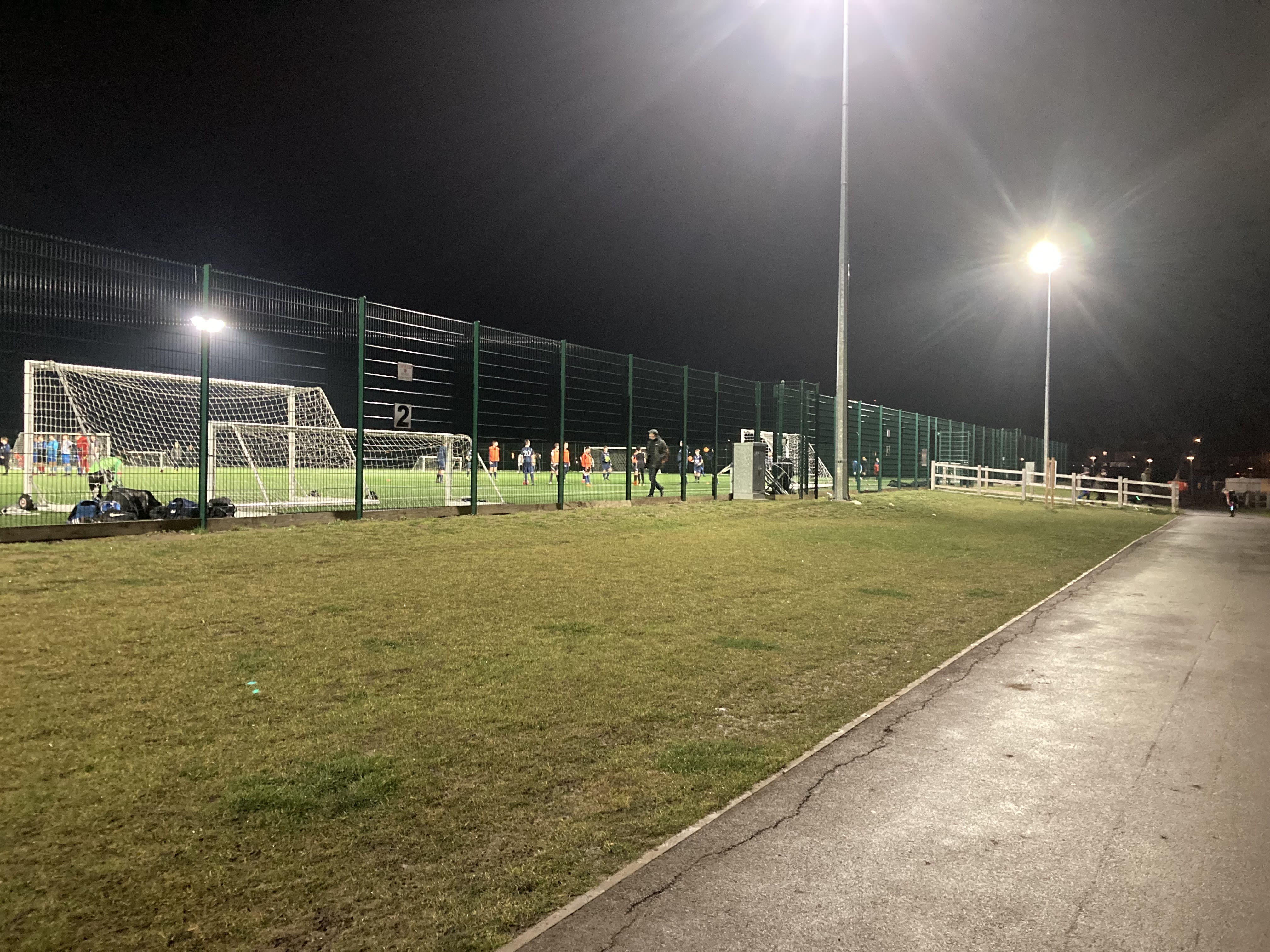
Whitelands sports pitches
Whitelands sports pitches
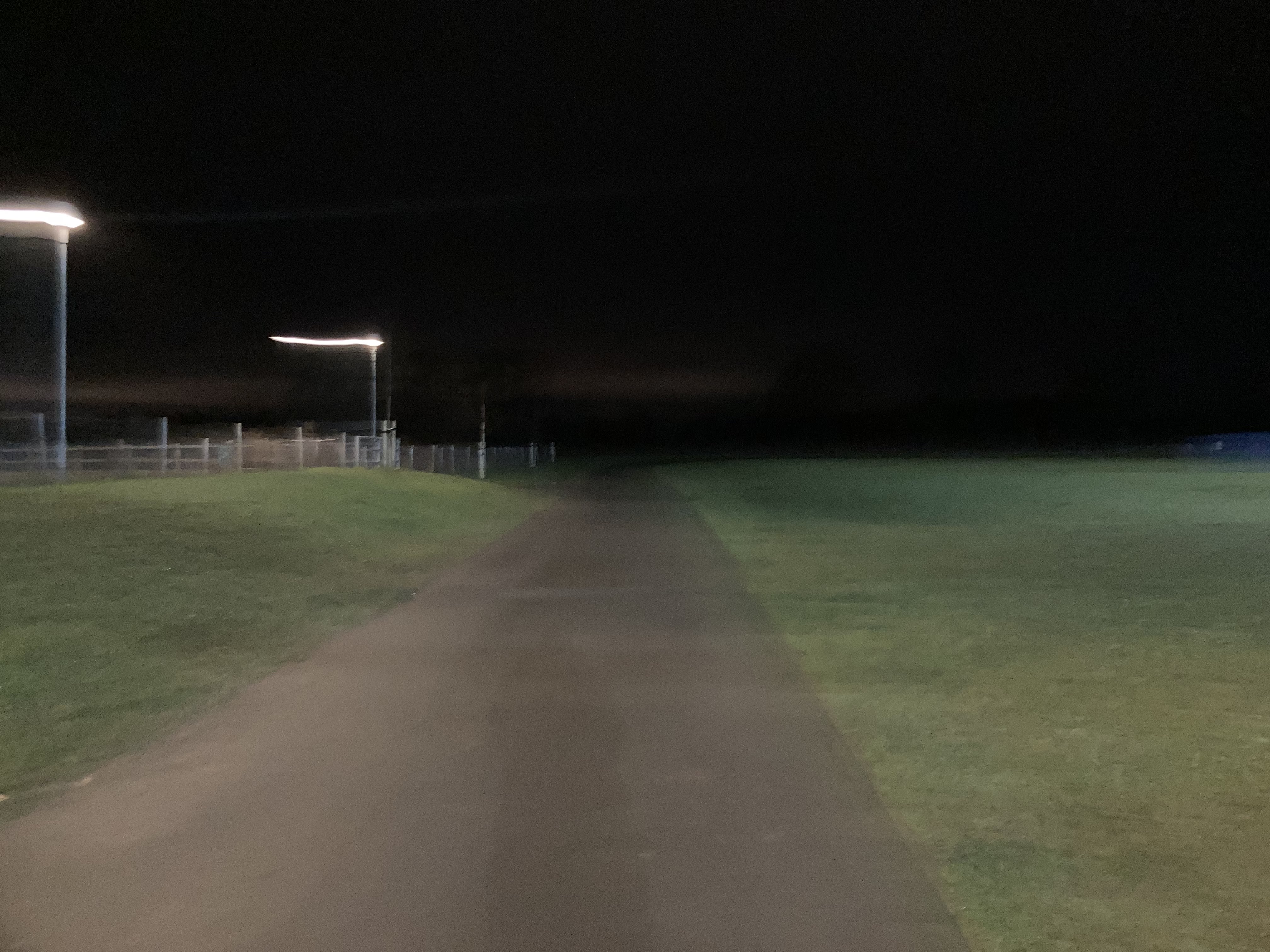
The public footpath bends around to the right and there is a main road with busy traffic across in the darkness posing an added danger to pedestrians.
The public footpath bends around to the right and there is a main road with busy traffic across in the darkness posing an added danger to pedestrians.

(Source: Getty)
(Source: Getty)
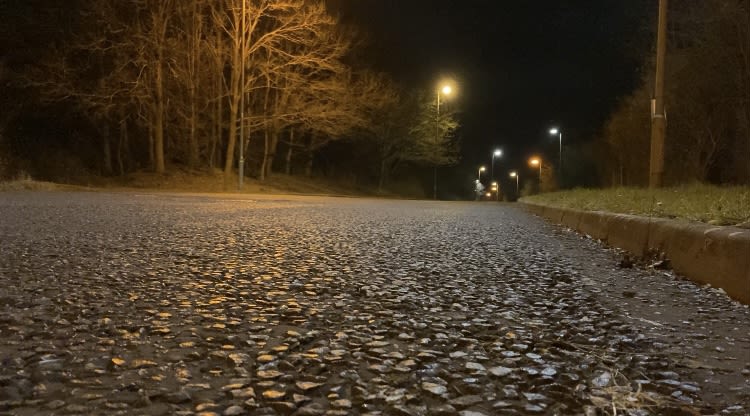
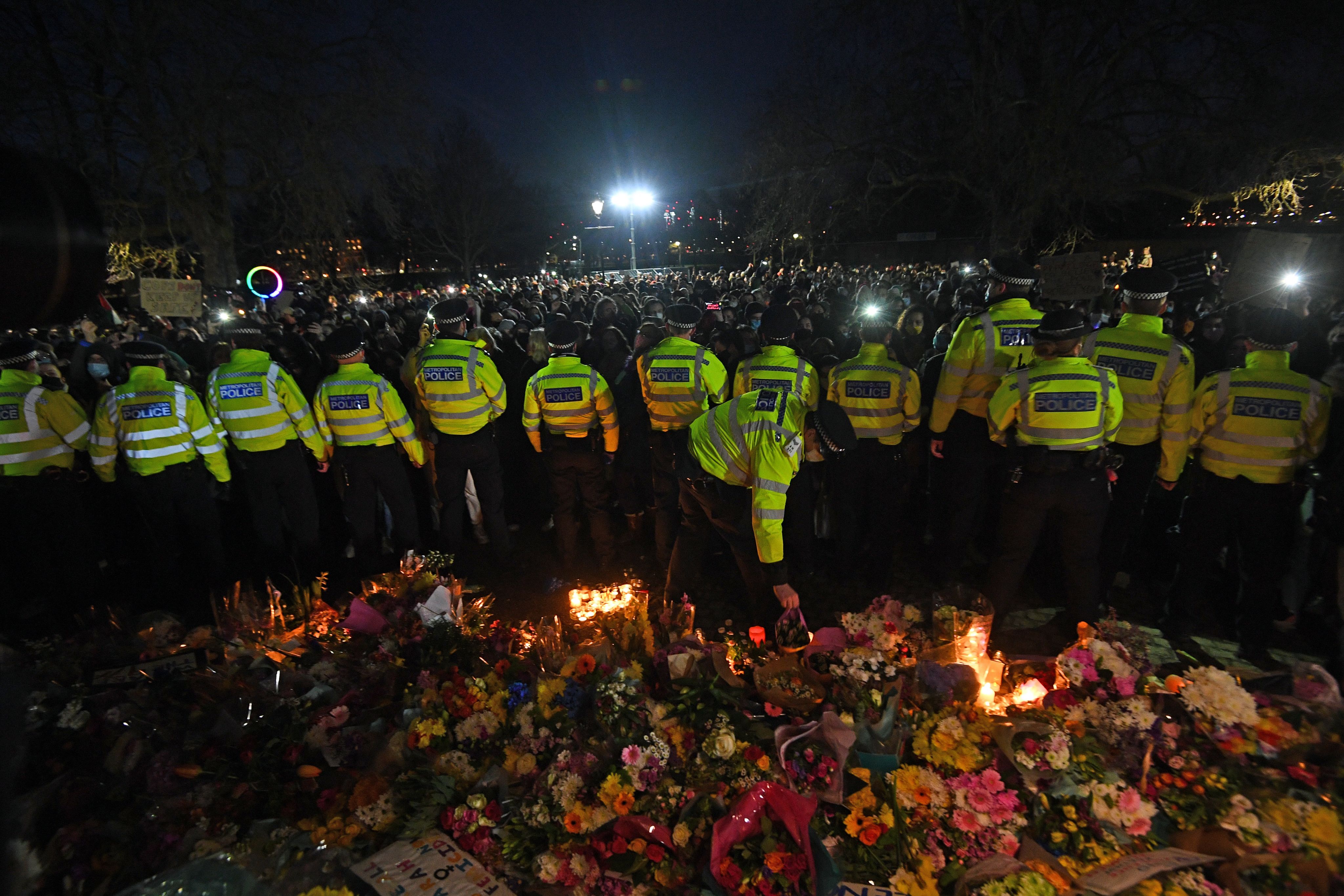
Police at a vigil for Sarah Everard (Source: PA Images)
Police at a vigil for Sarah Everard (Source: PA Images)
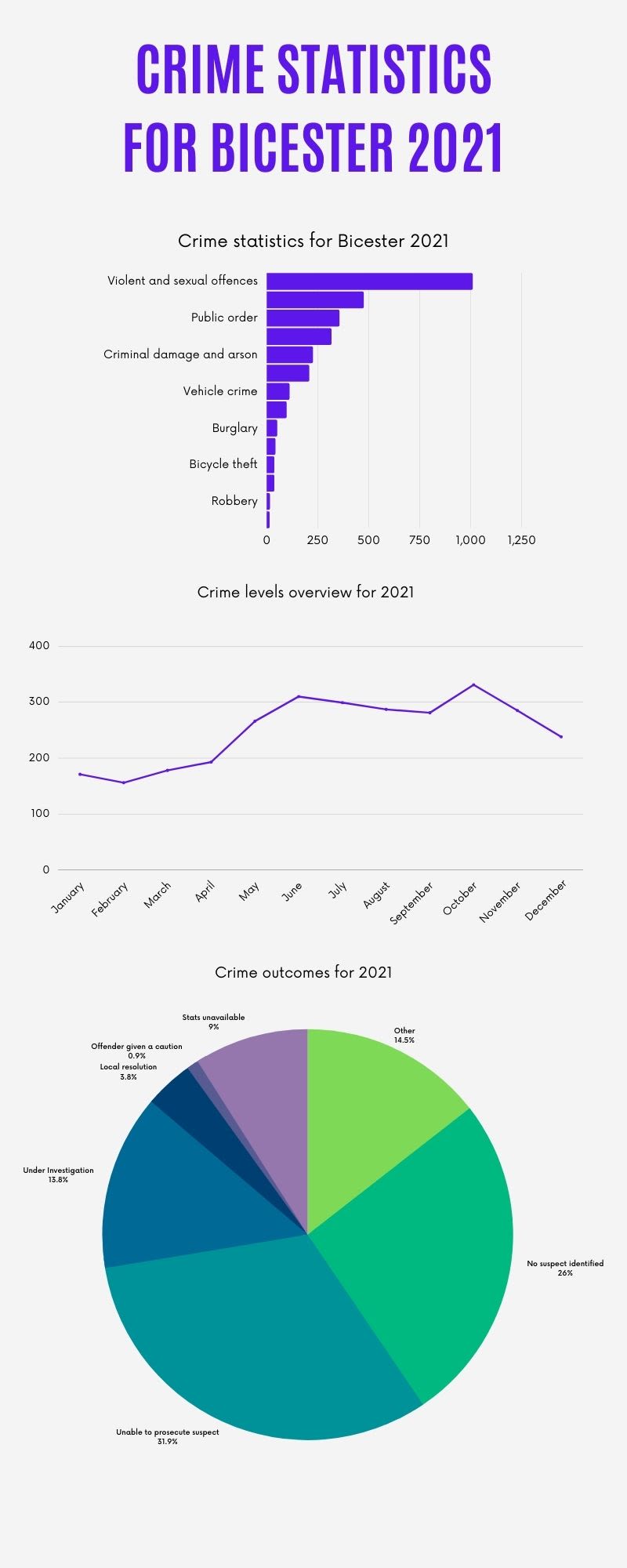
(Source: Police.uk)
(Source: Police.uk)
Ms Prentis contacted the Thames Valley Police and Oxfordshire County Council about the issues that have been reported surrounding the results of recent PEEL inspections.
A spokesperson for the Thames Valley Police stated that they were “saddened” to hear of these reports “as we are working really hard locally to ensure that public confidence in the Police is retained despite widespread publicity of tragic events occurring outside of Thames Valley.”
The spokesperson stated that they “await the results of our most recent PEEL Inspection which will focus, amongst other things, on crime recording standards.
“I am hopeful that with the learning from previous inspections and significant improvement in this area of our business the findings will be different this time.
Alongside being a Councillor, Mr Cotter also works in the criminal justice system and is involved in cases that disproportionally impact women such as domestic violence cases.
Commenting on the TVP standards, Mr Cotter said: “Sadly, Thames Valley Police do not seem to feature well at all in these tables.
“From meeting Police officers, I don’t think there’s a lack of will to take violence against women and females in general seriously or a lack of will not to undertake that work
“I think probably still a lot more could be done with victims who live to sadly tell the tale of what has happened to them, a lot more could be done to support them.”
He noted how the TVP cover a large geographical area including more urban areas such as Milton Keynes and Slough and suggests that “the figures are probably skewed because of the unsatisfactory nature of matters being concluded in those and more urban areas and I think that probably reflects on the whole Thames Valley figures.
“Wherever women are in danger, in actual danger or in potential danger, it has to be tackled.”
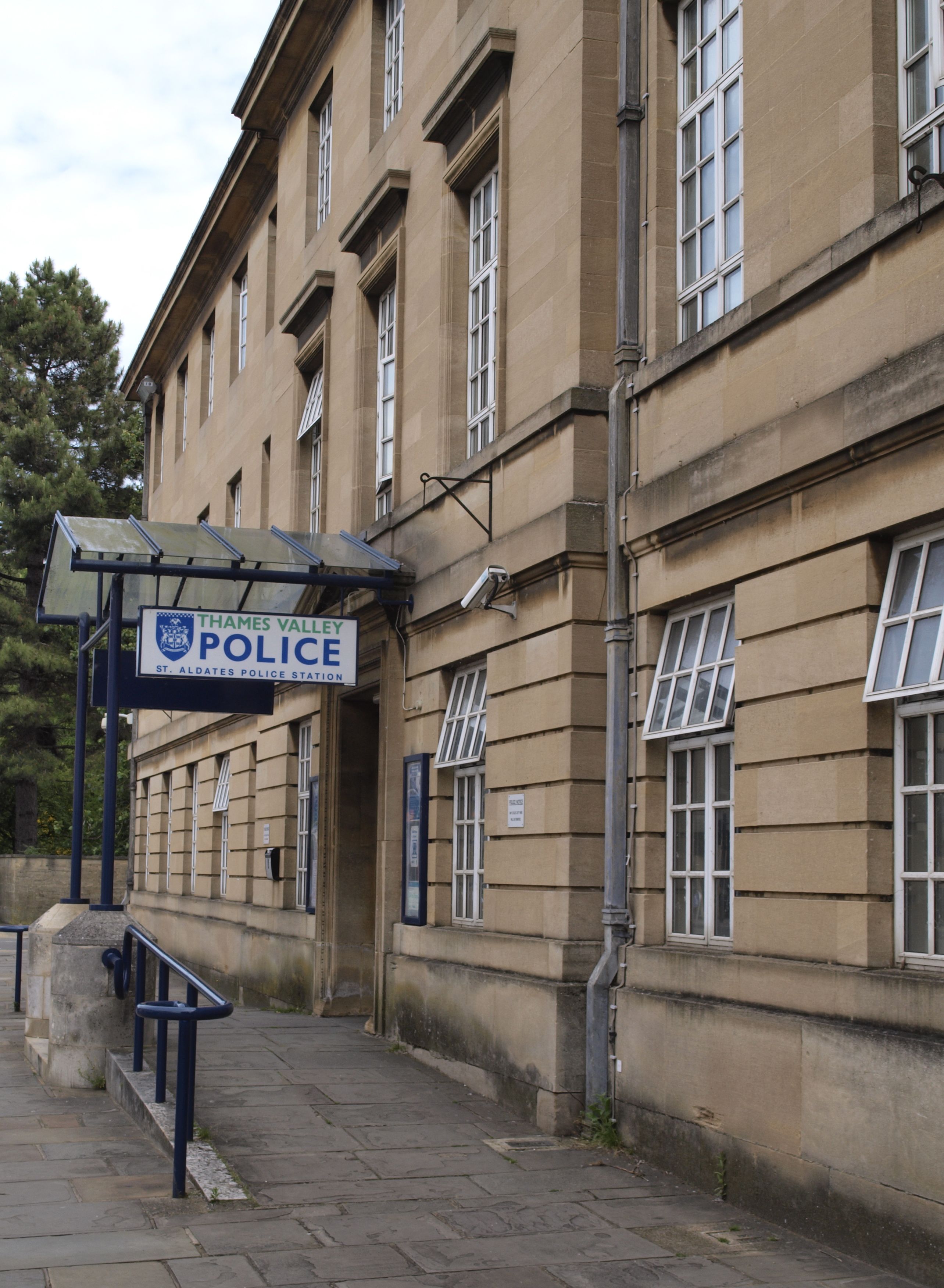
(Source: Getty)
(Source: Getty)